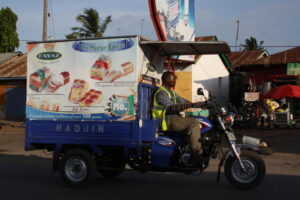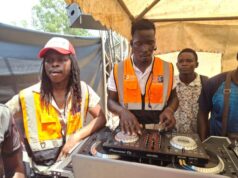
Having a side hustle is frequently motivated by a desire to supplement one’s regular income.
Most people are unaware, however, that some of Kenya’s most lucrative enterprises began as side hustles.
Years of working behind the scenes in the few hours after leaving the workplace culminated in the founding of firms that have left an everlasting effect on Kenya’s economy.
The inspiring heartwarming tale of a 36-year-old Boda Boda driver who has a Master’s degree and is pursuing a PhD exposes the mismatch between employment creation and significant numbers of unemployed people once again.
Julius Odhiambo is technically employed, but most Kenyans do not consider Boda Boda labour to be genuine employment. He also hopes to become a university instructor after obtaining his PhD and assuming the name Dr Julius Odhiambo.
The case of Odhiambo demonstrates why job seekers should be adaptable. Regardless of his circumstances, he is committed to his academic goals. He married and is the father of six children. The Boda Boda company isn’t glamorous, but it has helped him move closer to his objectives.
For the youngsters, hustling while learning or looking for work may be the way out. The majority of the nearly 1 million people who enter the labour market each year will not find work right away. What does the future hold for job searchers as firms turn to technology to reduce labour costs?
The rise of freelancing work may signal a return to pre-industrial artistry. It’s not just about launching a business when it comes to hustling; it’s also about promoting your expertise.
In Kenya, youth unemployment has reached worrisome proportions. In reality, eight out of ten jobless people are under the age of forty. Approximately 85% of the jobless are under the age of 35. With a rate of 19.2 per cent, the age group 20–24 years has the highest jobless rate.
Kenya is teeming with brilliant young inventors.
University students developed ventilators, smart gloves with flex sensors, solar-powered roofing tiles, gas-tracking devices, a solar-powered light system to protect livestock from wildlife in rural areas, and innovative hand-washing machines that use foot pedals to reduce the spread of the coronavirus are just a few examples of recent home-grown innovations.







